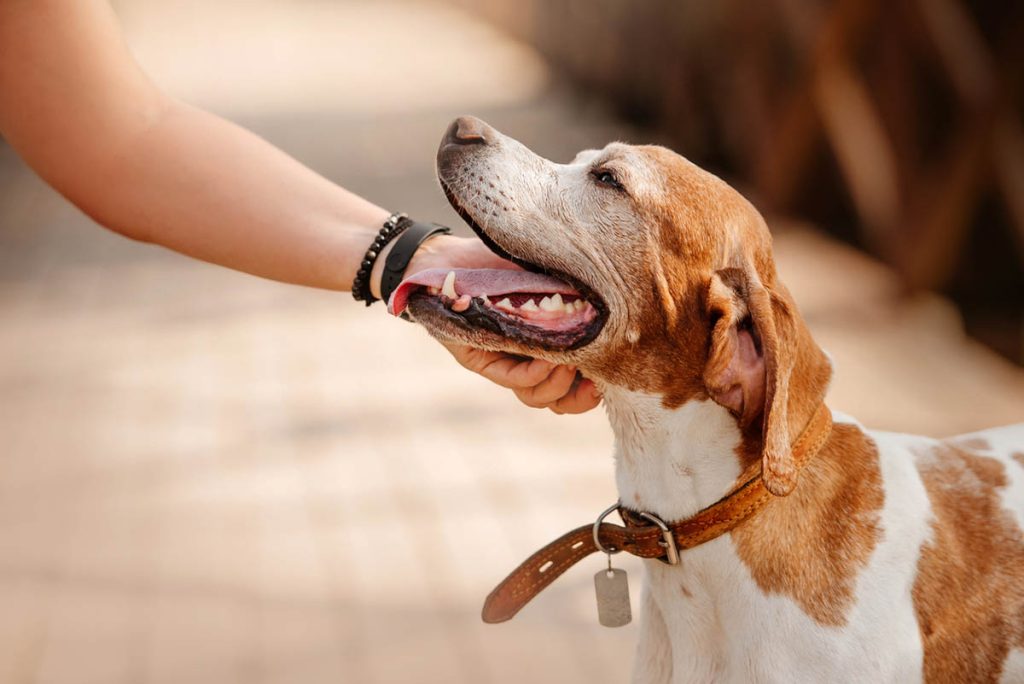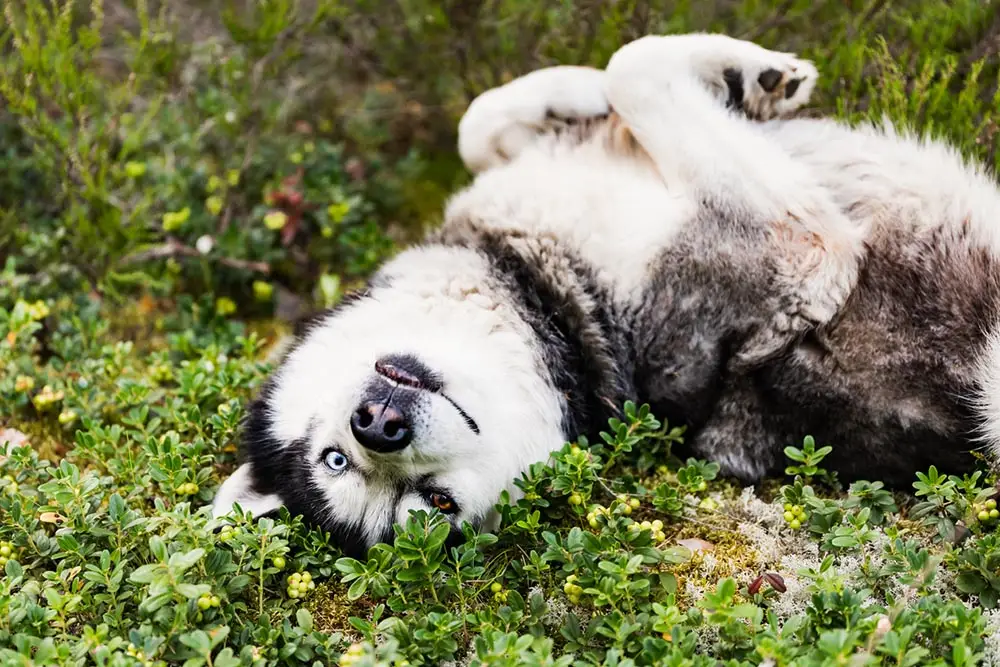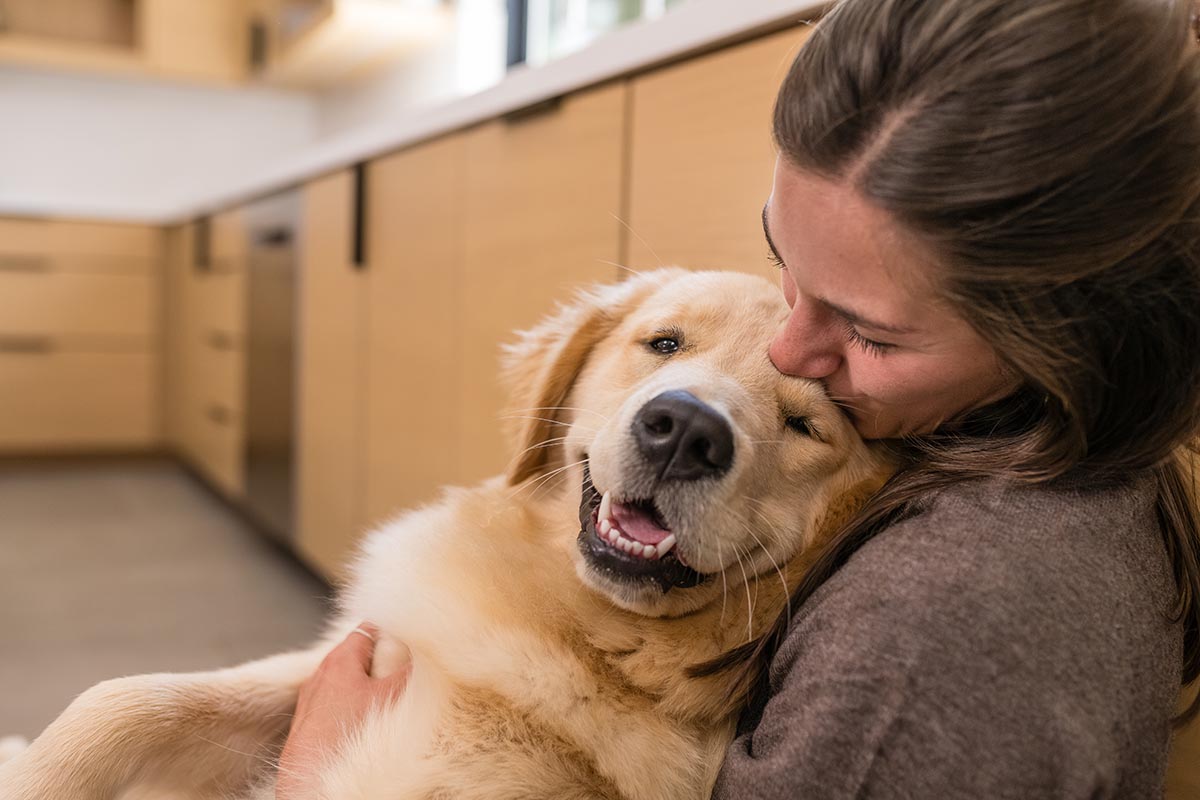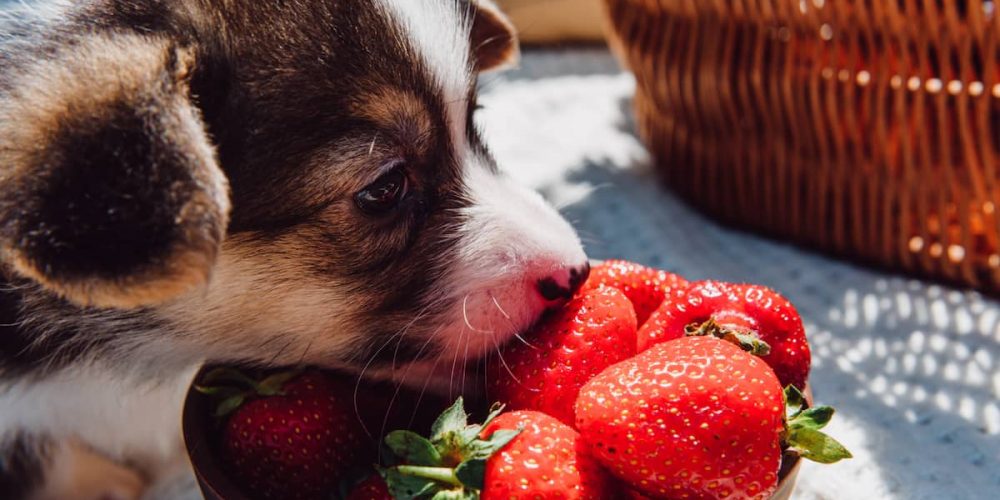Losing a dog can be one of the most heartbreaking experiences in life. For many pet parents, their dogs are not “just pets”; they’re family members, best friends, and loyal companions through every season of life.
When a beloved pet dies, the emotional toll can feel as devastating as losing any other loved one. Finding the right words to comfort a grieving person in this difficult time can be challenging, especially if you’ve never experienced the loss of a pet yourself.
Let’s explore what to say (and what not to say) when someone you care about is mourning their dog, along with thoughtful ways to show support, share memories, and help them heal.
How Great is the Depth of Pet Loss?
For many people, their dog is part of the family. They’re not just an animal that shares their home, but a constant source of joy, laughter, and unconditional love. Dogs accompany us on daily walks, listen without judgment, and greet us with excitement every single day.
When a pet dies, it can leave an enormous emptiness in someone’s daily life, making ordinary daily tasks, like mealtime or walks, painfully quiet reminders of their absence.
That’s why phrases like “It was just a dog” or “You can always get another one” can be deeply hurtful. The loss of a pet is not something easily replaced. In fact, it can feel as painful as losing a child. Just like with human relationships, each pet has its own unique personality and place in their owner’s heart.
A 15-year-old dog who has been with a person since childhood, or a senior pup who comforted them through major life changes, represents years of shared history and devotion.
When someone is grieving their beloved good dog, your words should acknowledge that bond, validate their sadness, and remind them that their emotions are completely normal.
What Should You Say to Someone Who Has Lost Their Dog?
There is no perfect script for expressing sympathy after the loss of their pet, but here are some heartfelt examples and guiding principles to help you find comforting words that feel genuine and kind.
Start by Acknowledging Their Loss
Simple statements like these often mean the most:
- “I’m so sorry for your loss.”
- “I know how much you loved [pet’s name].”
- “Losing a dog is losing a family member. I’m here for you.”
- “I can only imagine how hard this must be. [Pet’s name] was such a special part of your life.”
The key is to name the dog whenever possible. Mentioning their pet’s name validates the relationship and honors the individuality of their beloved pet.
Share Memories or Favorite Stories
If you knew their dog personally, share memories or small anecdotes that highlight the dog’s personality:
- “I’ll never forget how excited [pet’s name] got when someone said the word ‘walk.’”
- “He was truly the best dog, always wagging his tail and bringing a smile to everyone.”
- “I’ll miss [pet’s name] too. I still remember when he curled up by the fire that winter. What a sweet soul.”
Mentioning happy memories reassures your friend that their pet will be remembered fondly by others, too, keeping their spirit alive in your shared stories.
Express How Much Their Pet Meant to Them
Recognize the depth of their connection:
- “You gave [pet’s name] such a loving home. He was lucky to have you.”
- “It’s clear how strong your special bond was.”
- “The love between you and [pet’s name] was so beautiful. You were truly the best companions.”
This acknowledgment helps the grieving person feel seen, understood, and appreciated for the love they gave.
Offer Your Presence and Support
Sometimes the best thing to say is not much at all. You can gently say:
- “I’m thinking of you and [pet’s name] during this hard time.”
- “Please know you’re not alone. I’m here whenever you need to talk.”
- “Would you like to go for a walk or grab a coffee? I’d love to spend some time with you.”
These check-ins, whether through a text message, handwritten note, or phone call, can mean a lot when someone is navigating grief.
What Should You Not Say to Someone Grieving the Loss of a Pet?

While most people mean well, certain comments can unintentionally minimize the pain of losing a pet. Avoid saying things like:
- “At least it wasn’t a person.”
- “You can always get another dog.”
- “He had a long life.”
- “Time heals all wounds.”
These phrases may make the grieving person feel dismissed or misunderstood. Instead, focus on empathy, not solutions. Grief takes time and space, and everyone’s process looks different.
What are Some Meaningful Ways to Show Support After a Dog Dies?
Words are powerful, but actions can also provide comfort when someone is mourning the loss of their pet. Here are some thoughtful gestures to help a friend through this difficult time:
Send a Sympathy Card or Handwritten Note
A heartfelt sympathy card or handwritten note can bring lasting comfort. Include personal details; mention the pet’s name, a favorite memory, and how much joy the dog brought to their life. Your message could read something like the following:
“Dear [Name], I’m so sorry about [pet’s name]. He brought so much light and laughter to everyone who knew him. I hope the memories you shared bring you comfort in the days ahead.”
There are even condolence cards designed specifically for pet loss, which can make your message feel even more personal and sincere.
Give a Memorial Gift
A memorial gift can be a meaningful way to honor your friend’s beloved pet. Consider options like:
- A custom photo album featuring pictures of their dog.
- A framed paw print or the dog’s pet collar displayed as a keepsake.
- A small donation to a local animal shelter in their dog’s name.
- A personalized ornament or engraved stone for the garden.
These gestures show that you recognize the special bond between the person and their fur baby and that you want to help preserve their pet’s memory in a lasting way.
Offer Help with Daily Life
Grief can make even simple daily tasks feel overwhelming. Offer practical support such as:
- Cooking a meal or dropping off comforting food.
- Helping tidy up toys, bowls, or bedding if they ask for help.
- Inviting them on walks or outings to gently reintroduce them to daily routines.
Avoid rushing them to move on; just being present and available is often the greatest comfort.
Share a Tribute on Social Media
If appropriate and welcome, post a photo or memory of their beloved pet on social media with a few comforting words:
“Remembering [pet’s name], one of the sweetest souls I’ve ever met. Sending love to [owner’s name] during this difficult time.”
Seeing others recognize their beloved dog can help the owner feel less alone in their grief and give them a sense that their dog truly made an impact.
What are Some Comforting Words for a Sympathy Message or Text?
If you’re unsure what to write in a sympathy message or text message, here are a few templates to inspire you:
Short Texts:
- “I just heard about [pet’s name]. I’m so sorry. Thinking of you and sending love.”
- “I know how much you adored [pet’s name]. He was such a good dog.”
- “My heart breaks for you. Please let me know if you want to talk or take a walk.”
- Or one that helped me so very much: “Somewhere between hello and goodbye, there was love, so much love.”
Longer Messages or Cards:
- “Losing [pet’s name] must be so painful. I know how much joy he brought to your life and how deeply you cared for him. He was truly the best dog and will always be remembered.”
- “It’s never easy when a beloved pet crosses the rainbow bridge. [Pet’s name] was such a special part of your life, and I hope that your happy memories bring you peace and comfort in the days ahead.”
- “I wanted to reach out and say how sorry I am for your loss. The unconditional love that [pet’s name] gave you is something truly rare and beautiful. Please take all the time you need to heal.”
How Can You Support Their Mental Health During Grief?
The loss of a pet can have real emotional and even physical effects. For many, their dog was a source of routine, companionship, and emotional stability. When that presence is gone, it can lead to feelings of depression, anxiety, or loneliness.
Encouraging your friend to talk about their feelings or seek help from a counselor who specializes in pet loss can be incredibly helpful. Many therapists and mental health professionals acknowledge that losing an animal companion is a major life event.
If your friend is struggling to get out of bed, skipping meals, or withdrawing from social contact, remind them that seeking help isn’t a sign of weakness; it’s a step toward healing.
How Can You Help Keep the Memory Alive?

Healing doesn’t mean forgetting. There are many beautiful ways to celebrate the life of a beloved pet and keep their spirit close:
- Create a photo album or scrapbook filled with their pictures and stories.
- Frame a favorite photo or piece of artwork featuring the dog.
- Host a small memorial gathering where friends can share memories and happy moments.
- Keep a small memento, like a pet collar or favorite toy, in a special place.
Each time you remember the laughter, adventures, or simple joys you or your friend shared with their dog, you help keep that love alive. It helps to remember that grief is just love with nowhere to go, and keeping those memories alive helps give that love a place to go.
The Power of Compassion and Connection
When someone is mourning their fur baby, they’re not just grieving a pet; they’re grieving a piece of their heart. The key to offering comfort isn’t to fix their sadness, but to show support, compassion, and understanding.
A kind word, a quiet moment, or a thoughtful gesture can mean more than you realize. You don’t have to have the “right words”; you just have to show that you care.
Whether through sympathy cards, small check-ins, or shared favorite memories, your empathy helps remind them that their pain matters and that their pet’s life mattered too.
In the End: Love Lives On
Dogs teach us what it means to love unconditionally. They celebrate our joys, comfort us in sadness, and make our lives infinitely richer. When that light goes out, the world feels dimmer, but the love remains.
So when someone you care about faces the loss of a pet, let them know you see their grief, you honor their special bond, and you remember their beloved pet, too.
As time passes, the pain may ease, but the memories, the walks, the wagging tails, the snuggles on quiet evenings, will always be there, a reminder of a love that never truly ends.
Because once a dog becomes part of the family, they stay there forever etched in our hearts, wagging in our memories, and waiting at the rainbow bridge.
By Cathy Gait
Hughes, Ben, and Beth Lewis Harkin. 2022. “The Impact of Continuing Bonds between Pet Owners and Their Pets Following the Death of Their Pet: A Systematic Narrative Synthesis.” OMEGA – Journal of Death and Dying 90 (4): 003022282211259. https://doi.org/10.1177/00302228221125955.





